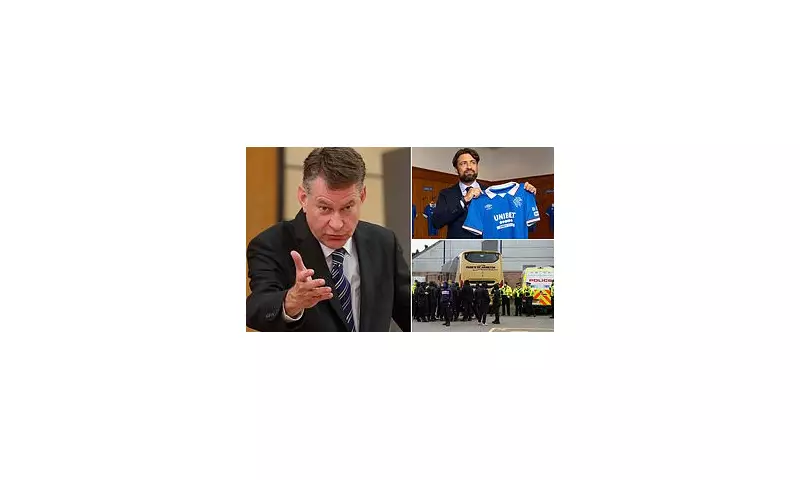
Scottish Conservative MSP Murdo Fraser has revealed that police recorded a 'hate incident' against him following a complaint about a social media post discussing transgender issues. The controversy emerged after the politician shared his views on X (formerly Twitter), prompting what he describes as an 'extraordinary' police response.
The Tweet That Sparked Controversy
The incident began when Fraser quote-tweeted a post from Rangers Football Club showing the team's players wearing rainbow laces in support of the LGBT community. The Tory politician commented that he supported the campaign but questioned whether it aligned with the views of the club's supporters, many of whom traditionally hold socially conservative opinions.
According to Fraser, this prompted a complaint to Police Scotland from an individual who claimed the tweet constituted a 'hate incident.' The police subsequently contacted the politician to inform him that the complaint had been recorded, though no formal investigation was launched.
Free Speech Concerns Raised
The MSP for Mid Scotland and Fife expressed serious concerns about the implications for free speech. 'The idea that expressing a view on a matter of public policy could lead to police contact is deeply troubling,' Fraser stated. He emphasised that his tweet was a legitimate contribution to an important public debate.
Police Scotland confirmed they had recorded the matter as a 'hate incident' in line with their standard procedures, but stressed that no criminality was identified and no further action would be taken.
Political Reaction and Wider Implications
The case has sparked debate about the balance between protecting minority groups and preserving freedom of expression. Fraser's experience raises questions about how police handle complaints about political speech on social media platforms.
Several fellow politicians have expressed support for Fraser, warning that recording such incidents could have a 'chilling effect' on political debate. The Scottish Conservatives have called for greater clarity on how police handle similar complaints in future.
As the debate continues, this case highlights the ongoing tensions between evolving hate crime legislation and traditional free speech protections in the digital age.






